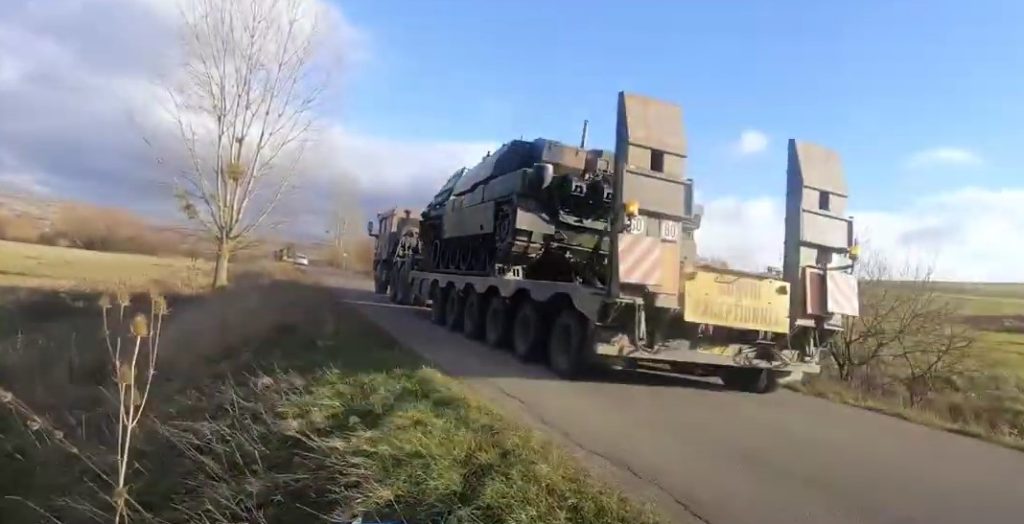If Russia were to attack a NATO country, European and American soldiers must reach the eastern flank of the alliance swiftly.
Others are reading now
Western leaders continue to warn of the danger of Russia’s war escalating beyond Ukraine.
According to Ziare French General Bertrand Toujouse has revealed a critical move that could stop Putin in his tracks: improving Europe’s military mobility. According to Toujouse, Europe needs to enhance its ability to move tanks, troops, and munitions across the continent, a skill that has been forgotten since the Cold War.
Has Become Extremely Complex
General Toujouse emphasized that during the Cold War, countries were adept at relocating military equipment, a task that was “very simple” but has since become “extremely complex.”
Now, as the Commander of the newly created French Army’s European Land Command, he insists that regaining this mobility is essential to deterring potential Russian aggression. If Russia were to attack a NATO country, European and American soldiers must reach the eastern flank of the alliance swiftly.
Also read
However, there are significant obstacles to rapid movement, including lengthy and fragmented administrative processes for transporting war materials across borders, inadequate infrastructure like bridges and tunnels for moving armored vehicles, and insufficient transport capacity such as railcars.
In June, France joined an agreement with Poland, Germany, and the Netherlands to create a military transit corridor. In July, Greece, Bulgaria, and Romania signed a letter of intent for cross-border cooperation in military mobility.
Forgotten Logistics Practices
The French Army faced these challenges firsthand in the spring of 2022, when deploying a battalion to Romania in response to Russia’s invasion of Ukraine. General Toujouse recounted the bureaucratic hurdles encountered, including customs officials refusing tank passage through Germany due to axle weight limits.
This highlighted how the army had forgotten crucial logistics practices, having not loaded military equipment onto trains for about 20 years.
Improving military mobility won’t be easy, as transport and customs regulations are primarily national prerogatives, touching on sensitive issues of sovereignty. General Toujouse advocates focusing on rail transport, which remains the most practical way to move tanks across Europe.
He emphasized that when Spanish or Portuguese brigades transit through Slovakia, they would likely pass through France, necessitating efficient rail logistics.


